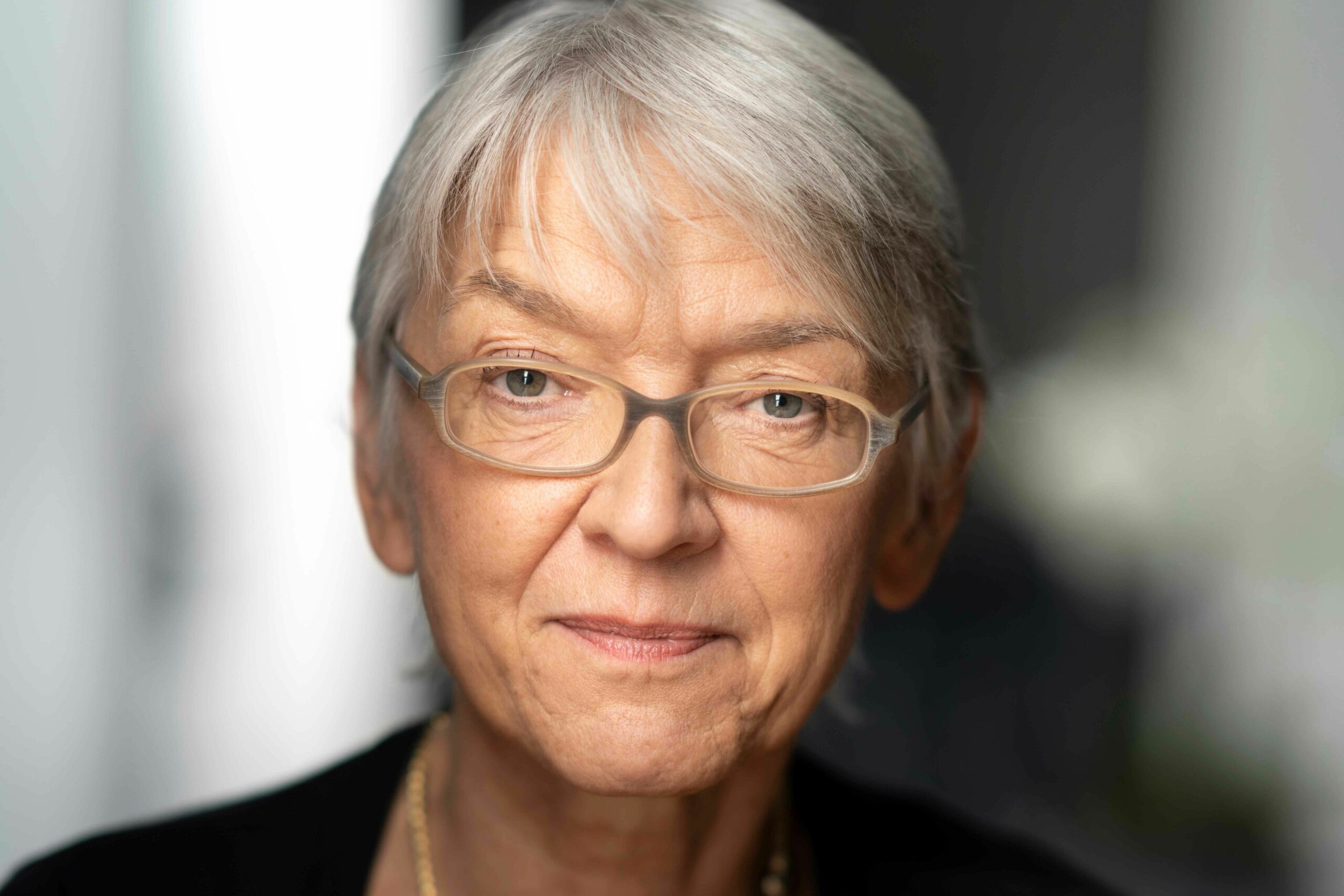“Early palliative care creates space for life”
Interview with PD Eva Bergsträsser, MD, Head of Paediatric Palliative Care at the University Children’s Hospital Zurich

Eva Bergsträsser, paediatric oncologist and pioneer in the field of paediatric palliative care, and her team support terminally ill children and their families. In an interview with Childhood Cancer Switzerland, she talks about the value of quality of life and the challenges of caring for seriously ill children.
Ms Bergsträsser, many types of childhood cancer are now highly treatable, but unfortunately, there are still cases of children dying from cancer. What can paediatric palliative care achieve?
As soon as it becomes apparent that a treatment is not leading to the desired outcome, the palliative care team should be involved in the care. This enables us to establish a relationship with the family as early as possible and create trust. Paediatric palliative care is not just about dying – it is about how the child and their family can live with the time they have left. If we are involved at an early stage, we can work with the parents and the child to find out what is important to them. This makes it possible to focus not solely on the illness, but also creates space for life, where individual wishes, needs and positive things have their place.
What does quality of life mean for seriously ill children?
With children, we often start palliative care earlier than with adults, which allows us to integrate the aspect of quality of life more effectively. What this means in detail varies greatly from one person to the next. Some children still want to start school, experience a family celebration or simply play with their siblings. For us, palliative care means taking these wishes seriously and making them possible – whether through organisational support, medical measures or emotional counselling. It is often the seemingly small things, such as hair growing back after chemotherapy, that mean a lot to children and parents. We try to create normality in a time that is anything but normal. Our goal is to strengthen families in this extreme situation.
Can you explain to us what form palliative care takes in practice at the University Children’s Hospital?
We usually start with a visit to the home, ideally together with the paediatric carer, called “Kinderspitex” in Switzerland. We get to know the family, their everyday life, the siblings and their environment. It is only later that we talk about difficult topics such as medical care in the final stages of life. Many patients want to die at home, but this is not the right choice for everyone. We experience a number of young people in particular who will say: “I don't want to put any more strain on Mum.” Or they fear that their home will later be too strongly associated with death. Our task is not to recommend a specific path, but to work with the child and their family to find the right place and path – that could be the hospital or perhaps the familiar surroundings of their own home. The feeling of safety and security is important.
You once said that Switzerland is still a long way from providing comprehensive care for children and young people. Is that still true?
Even though significant progress has been made in recent years, we are still lagging far behind in international comparisons. Unlike in European countries such as Germany or England, palliative care is not enshrined in Swiss law. This explains why there are significant differences between the cantons, with corresponding consequences for individual patients and their families. In paediatric oncology, too, a lot depends on the personal commitment of the medical staff. Not only because comprehensive paediatric palliative care may not be available locally, but also because many services in this area cannot be billed due to the current tariff structures.
What are your hopes for the future of palliative care for children and young people in Switzerland?
The development of a comprehensive and standardised service offering. This should not be financed solely by hospitals but should be an additional service provided by the cantons and the federal government. We generally need more openness, more understanding and more visibility for the reality of seriously ill children in our society. Their needs were not sufficiently taken into account in the National Strategy for Palliative Care, an initiative launched by the federal government and the cantons, nor were they considered in the financing arrangements. Paediatric medicine is not the same as adult medicine. Palliative care is mostly associated with elderly people. But there are also children who are terminally ill and die – not only in accidents, but also from serious illnesses. And they sometimes do so under very stressful circumstances. We must stop putting their needs second to those of adults. Palliative care is not just about dying, but also about living – especially for children.
You have accompanied many children and families on their final journey. How do you deal with this emotional challenge?
There are certainly difficult moments. But I really enjoy this work because I recognise its value. I take good care of myself, spend a lot of time outdoors and enjoy being with people who are close to me. And there are situations that give me strength: for example, when a family can say one year after they have lost a child, “We are still mourning, but we are moving forward.” Then I know that our support has helped.